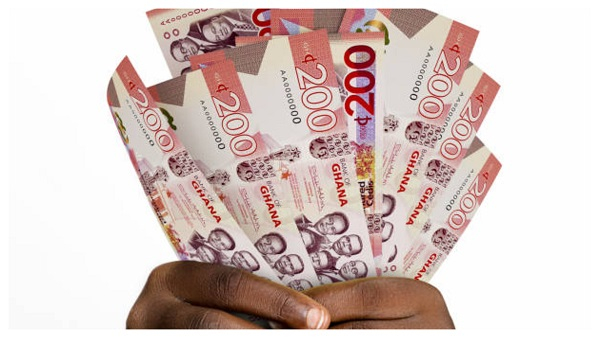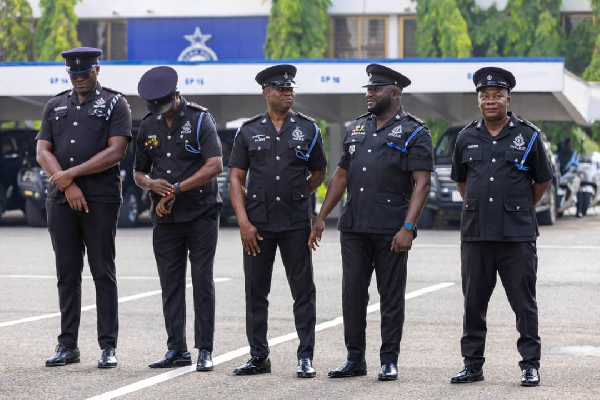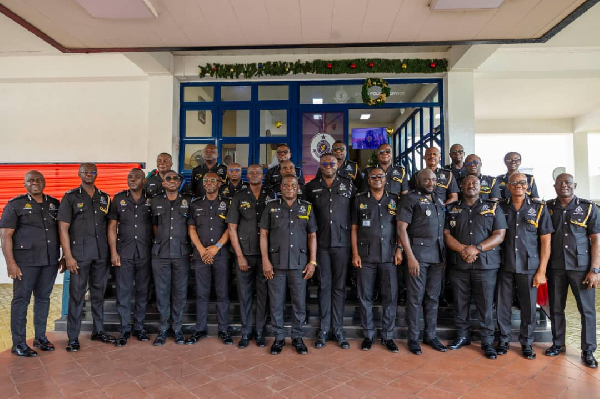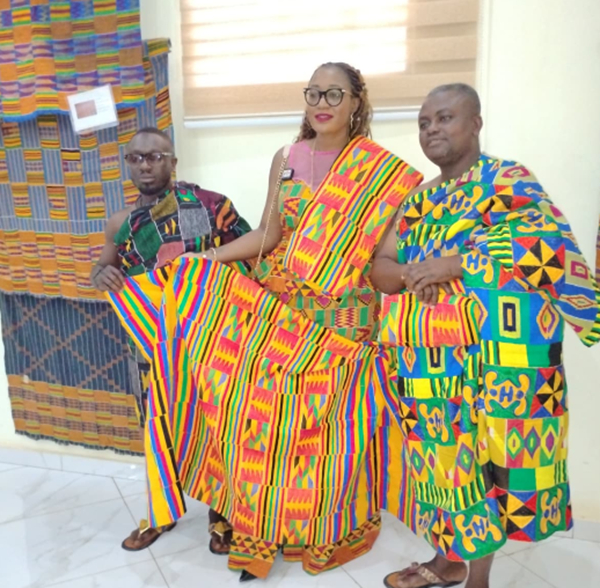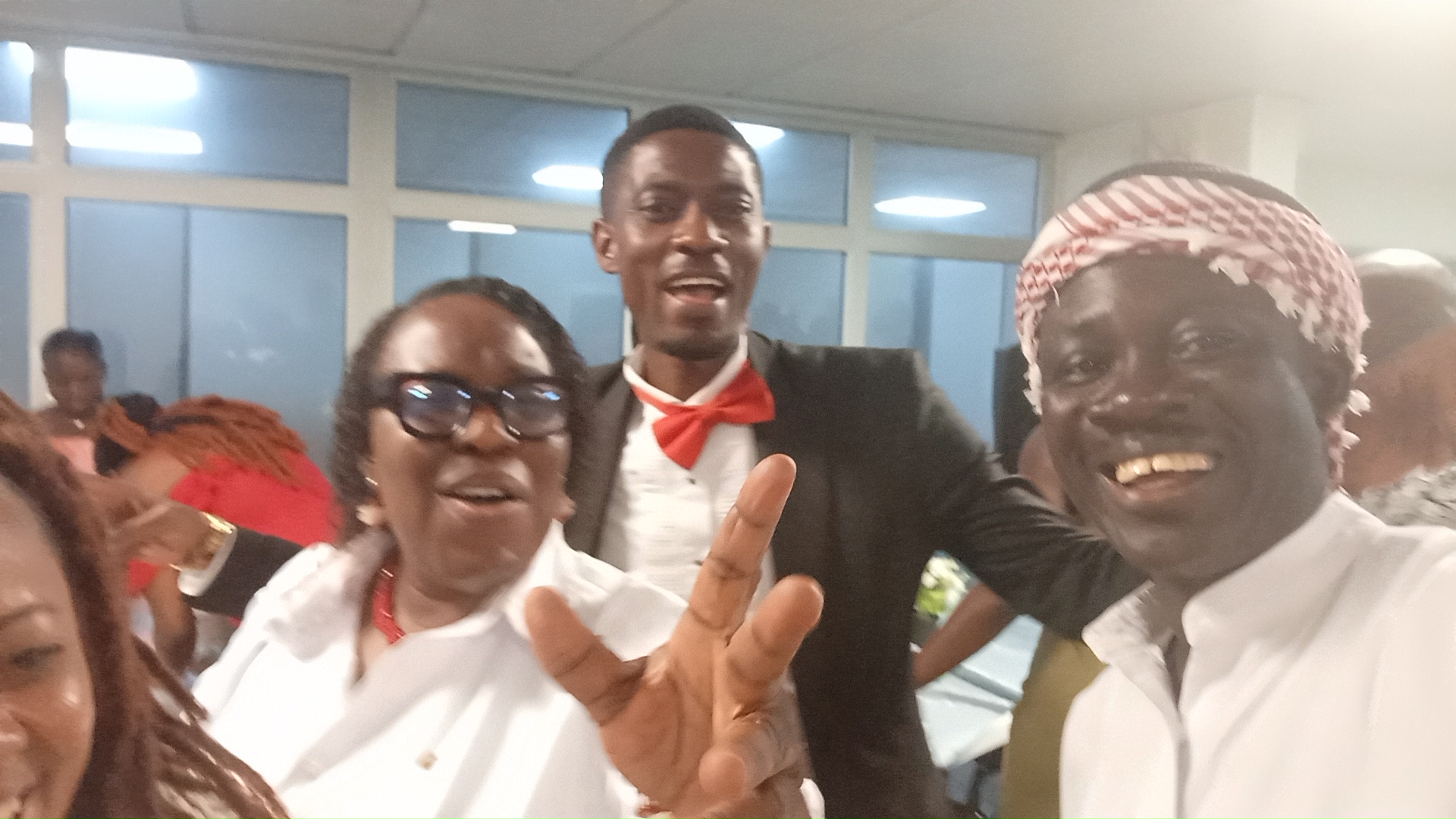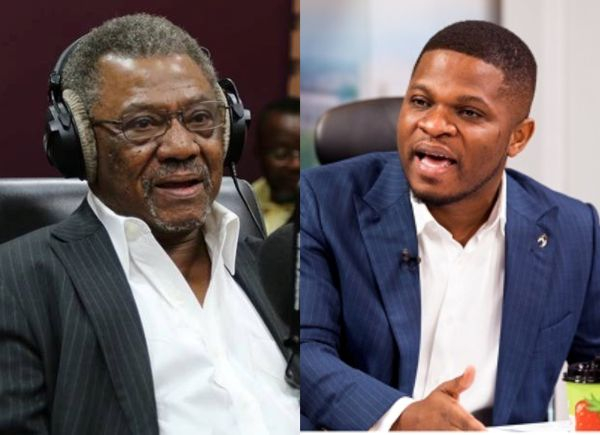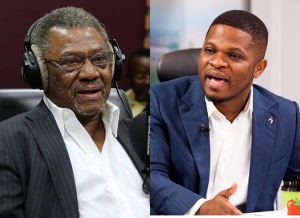Ghana is at a crossroads where a constitutional review committee tasked by President John Dramani Mahama has recommended extending the presidential term from four to five years.
The committee cites the need for more time to implement policies and looking to other African countries, presidents usually have more than four years in one term and so Ghana could learn from them.
However, a closer look at Ghana’s democratic history, especially voting patterns in presidential elections shows that extending the term will not benefit the majority of Ghanaians. On the contrary, it risks deepening political dissatisfaction and consolidating power in the presidency at the expense of the people.
Historical Evidence: Voters Dislike Extended Tenures
Ghana’s democratic record under the Fourth Republic demonstrates a clear pattern: incumbent presidents who seek a second term tend to receive a lower percentage of votes than they did in their first election, even when they win.
The popular mandate for leaders diminishes over time which indicates that the longer a president stays in office, the more the electorate seeks change and this is reflected in the voting pattern of Ghanaians as depicted below:
Jerry John Rawlings: In the first presidential election under the Fourth Republic in 1992, he won with about 58.4% of the votes. In his re-election bid in 1996, his vote share fell to 57.4%, a drop, even as he remained victorious.
John Agyekum Kufuor: In the 2000 election run-off, Kufuor won with 56.9%. In the 2004 election, his vote share dropped to about 52.45%. He won but the like Ghanaians had for him diminished.
John Dramani Mahama: When Mahama first won in 2012, he secured 50.7% of the votes. In 2016, running for re-election, he only managed 44.4%.
Nana Addo Dankwa Akufo Addo: He won the presidency in 2016 with about 53.7% of valid votes cast but saw this decline to approximately 50.4% in 2020 during his second term victory.
This consistent reduction in vote share for incumbents signals a broader trend: Ghanaians tend to grow less enthusiastic about leaders the longer they stay in office even if those leaders are ultimately re-elected.
The electorate, by voting patterns, has shown a desire for accountability and change and not necessarily longer stays in power.
What Longer Terms Mean in Practice
The argument from the constitutional review committee’s chair, Professor Henry Kwasi Prempeh, is that four years is “too short” for policy implementation, as presidents spend significant time settling in and preparing for re-election campaigns.
While at first glance this seems logical, the political reality in Ghana suggests otherwise. Here’s why:
1.More Time in Office Does not Mean More Popularity
As demonstrated above (per the voting pattern since 1992), longer service does not translate to increased public support.
If anything, the opposite is true: the electorate becomes wary of extended power, holding leaders accountable through elections rather than increased vote share.
Extending the term only gives unpopular leaders more time to make decisions that citizens may reject, prolonging dissatisfaction.
2.Political Disillusionment and Accountability
The Fourth Republic has been celebrated for peaceful transfers of power and democratic stability.
Ghanaians express their democratic will at the ballot box even ousting incumbents. This dynamic is vital for accountability.
Longer presidential terms could dampen this accountability, making it harder for citizens to express disapproval and remove leaders more frequently when policies fail.
3.A Bad President Hurts Ghana for Longer
No matter how competent a leader might be, if a presidency delivers abysmal leadership economically, socially or ethically, Ghanaians suffer the consequences but will take a longer for them to remove such abysmal leadership and therefore, four years is a reasonable period to assess performance.
With five years, a bad administration could entrench policy failures for an additional year before voters can intervene.
4.Shrinking Time Horizons Increase Risk of Power Consolidation
Extending term lengths often benefits sitting presidents more than citizens. Longer terms can lead to entrenched leadership, reduced responsiveness to public sentiment, and over time, weaken democratic checks and balances.
While the committee says it does not support a third term, longer terms can still foster a culture where extended leadership is normalized. This is not how responsive democracies function.
Why Ghana Should Look to Progressive Democracies, Not Lower Performing States
The committee referenced other West African nations with five year presidential terms as justification for extending Ghana’s presidential term to five years.
However, these countries rank lower than Ghana in democratic governance, economic development and civil liberties. Emulating them in term length does not inherently improve governance and in fact those West African countries should rather learn from Ghana by reducing their presidential terms.
It is more instructive to look toward advanced democratic systems that Ghana’s leaders often cite as models: For example, the president of the United State serves a four year term, with a constitutional limit of two terms.
This system has been tested for over 200 years and it fosters accountability and regular performance review by voters. Something that has stood over 200 years is worth emulating and not that of West African nations whose main political hallmark is a coup d’état. The second prime example is that of Germany.
While Germany’s Federal President serves five years, the executive leadership (Chancellor) is subject to parliamentary confidence and effectively serves within a four year legislative cycle. German politics emphasize responsiveness to public sentiment and robust institutional checks.
These systems underscore that the length of a term is not what makes governance effective but rather the strength of institutions, checks and balances, and democratic accountability mechanisms.
Four Years Is Enough Time to Govern Effectively
Four years provides ample time for a president to craft and implement key policies:
Economic strategies can be rolled out and assessed.
Legislative agenda can be advanced through Parliament.
International agreements and reforms can be pursued.
In many advanced democracies, leaders achieve significant progress within four year spans. What matters is focus, efficiency, responsiveness and above all, putting in place measures to ensure continuity of projects and policies implemented by past governments and not simply the extension of tenure.
Conclusion
Ghanaians have consistently shown, through their voting patterns that they do not grow more attached to presidents the longer they stay in office. Instead, second term vote percentages tend to drop, reflecting a healthy democratic impulse for change and accountability.
Extending presidential terms from four to five years would benefit sitting presidents, giving them more time between elections but it does not fundamentally improve governance for the average Ghanaian.
Ultimately, democracy thrives when leaders remain closely accountable to the people.
Four year terms strike the right balance between policy implementation and voter oversight. What Ghana needs is not a longer stay in power for its presidents, but stronger institutions, transparent governance and policies that reflect the will and interests of its citizens.
Author: Scott Edward Agyemang, doctoral researcher
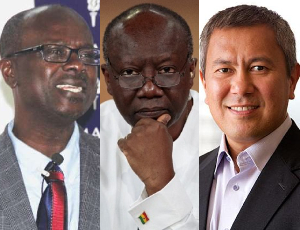 Kwaku Azar (L) has criticised Ofori-Atta’s (M) lawyer Qasimi (R) over political motivation claim
Kwaku Azar (L) has criticised Ofori-Atta’s (M) lawyer Qasimi (R) over political motivation claim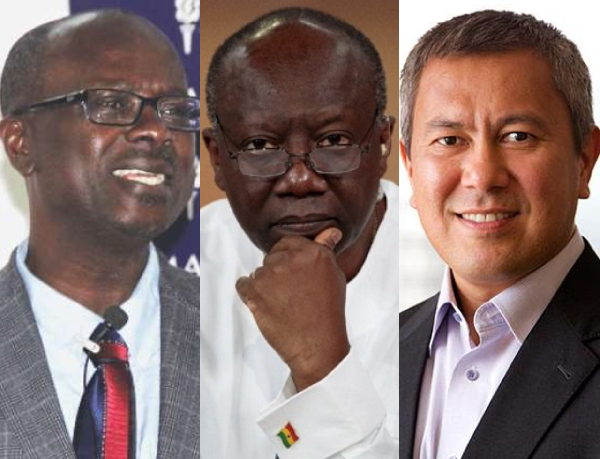



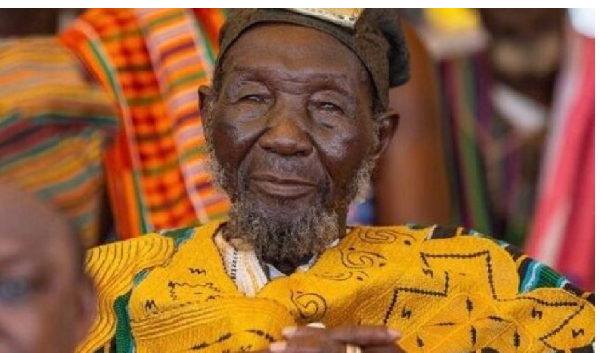
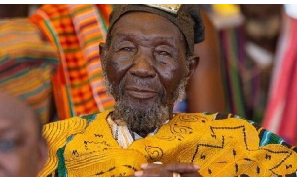


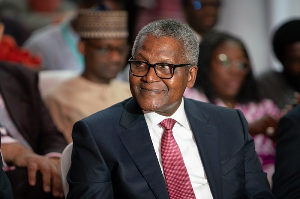


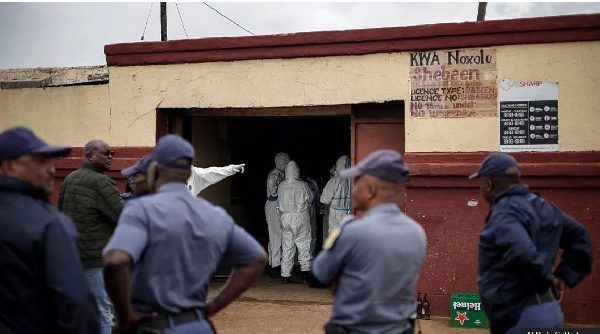
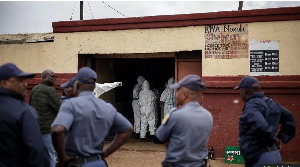






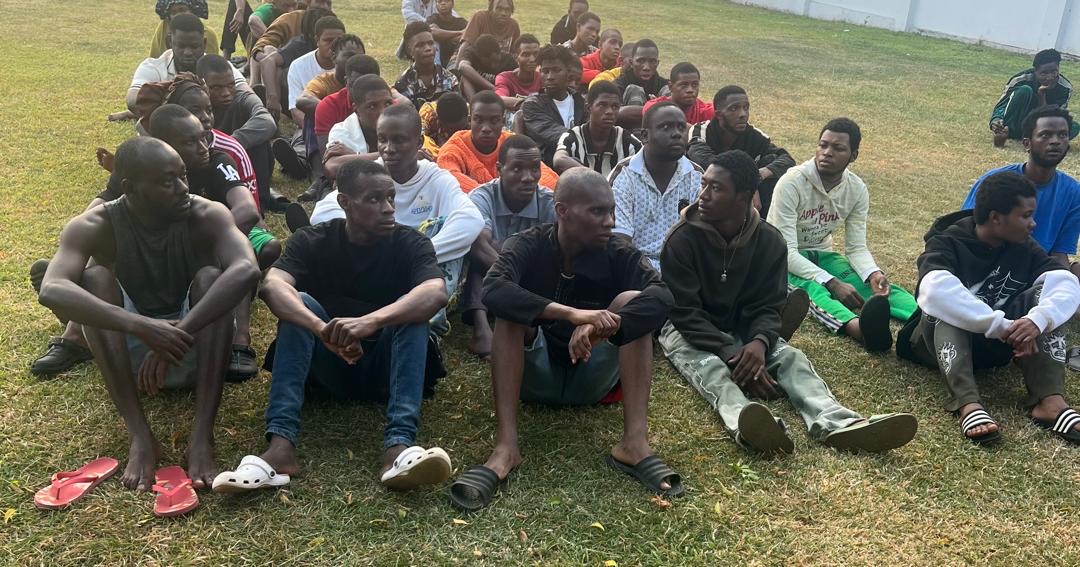



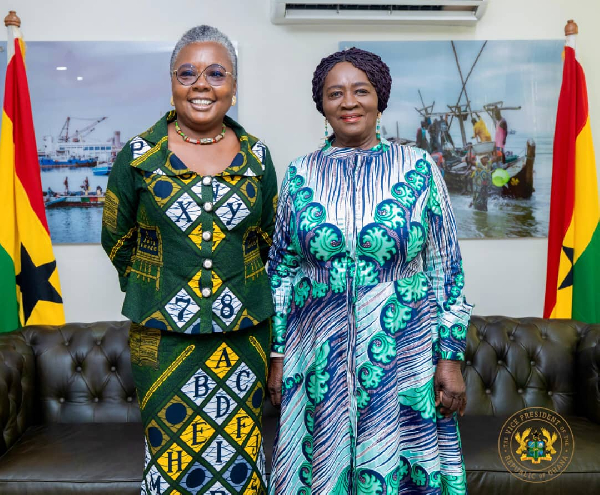
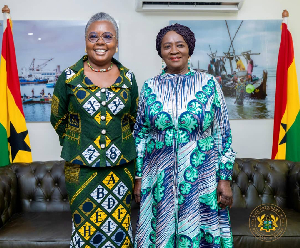





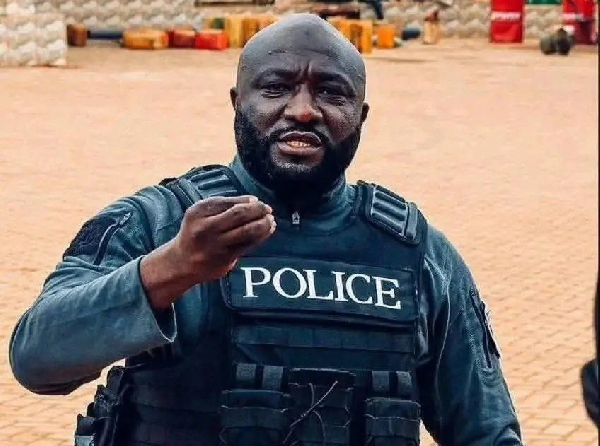


 Mr Yohuno urged all police officers to remain committed to their responsibilities and to uphold the highest standards of conduct in serving the nation, stressing that the Ghana Police Service would continue to recognise and reward excellence in the line of duty.
Mr Yohuno urged all police officers to remain committed to their responsibilities and to uphold the highest standards of conduct in serving the nation, stressing that the Ghana Police Service would continue to recognise and reward excellence in the line of duty.






